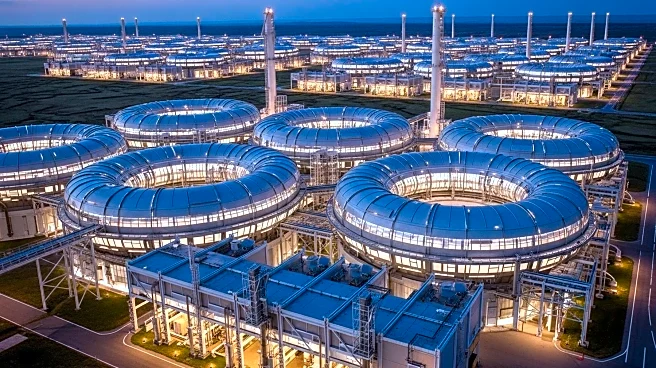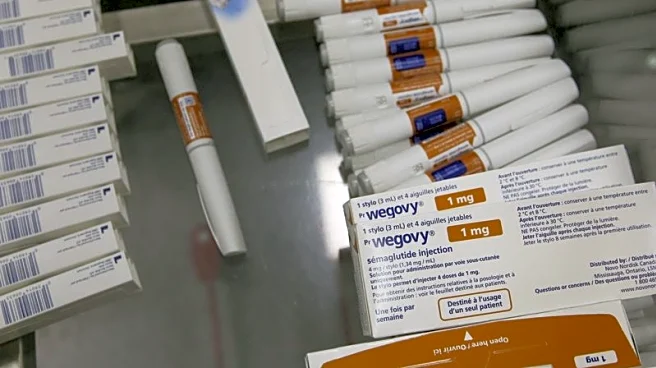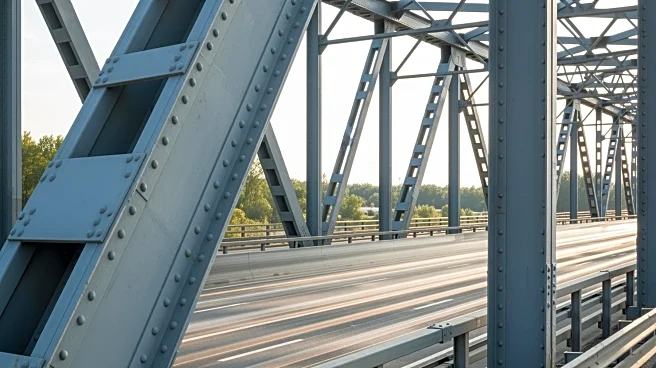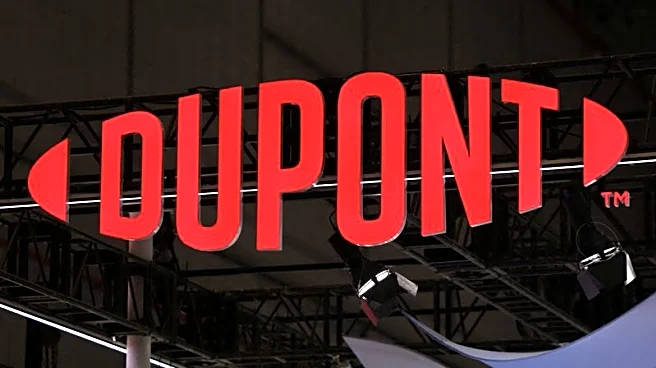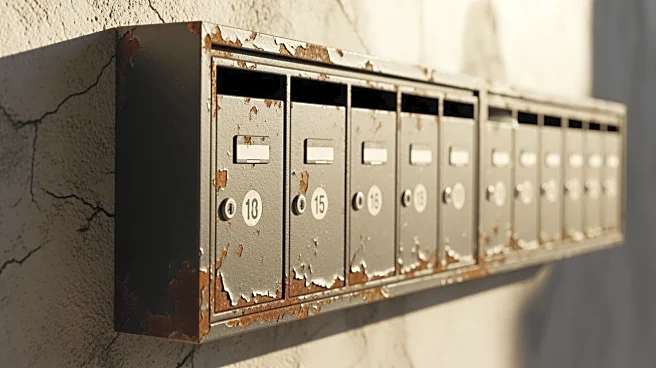What's Happening?
Torus, an energy platform specializing in storage, management, security, and generation solutions, has announced a $200 million investment from Magnetar, an alternative asset manager. This funding aims to accelerate the deployment of Torus' modular power plants, which are designed for utilities, data centers, and commercial and industrial customers throughout the United States. Torus' technology integrates mechanical flywheels with battery systems, providing rapid response to grid signals and forming a distributed 'grid operating system.' The company has secured regulatory and technical approvals to partner with regulated utilities and is expanding its partnership with PacifiCorp to cover up to 500 MW of demand response capacity. Torus' systems are already in use by major entities like the Salt Lake City International Airport, ensuring operational reliability.
Why It's Important?
The investment in Torus represents a significant advancement in the U.S. energy infrastructure, particularly in the realm of grid-responsive energy storage. As data centers and AI-driven operations increase electricity demand, Torus' technology offers a solution to maintain reliability and scalability. This development is crucial for utilities and businesses seeking to enhance power security and efficiency. The expansion of modular power plants could lead to more resilient energy systems, reducing dependency on traditional grid structures and potentially lowering costs for consumers. The partnership with PacifiCorp and other large-scale deployments highlight the growing importance of innovative energy solutions in meeting future demand.
What's Next?
Torus plans to open a new manufacturing campus, GigaOne, in Salt Lake City, which will significantly increase production capacity. The facility is expected to scale production to over one GW per quarter within three years. This expansion will support the growing demand for Torus' technology and facilitate broader adoption across various sectors. As Torus continues to deploy its systems, it may attract further investments and partnerships, potentially influencing energy policy and infrastructure development in the U.S. The company's focus on creating a distributed utility model could reshape how energy is managed and consumed nationwide.
Beyond the Headlines
The deployment of modular power plants by Torus could have long-term implications for energy independence and sustainability in the U.S. By decentralizing power generation and storage, these systems may reduce vulnerability to large-scale outages and enhance local energy resilience. Additionally, the integration of advanced security and management software in these systems could set new standards for energy infrastructure, emphasizing the importance of cybersecurity in the energy sector. As the technology becomes more widespread, it may also drive innovation in related fields, such as smart grid development and renewable energy integration.
